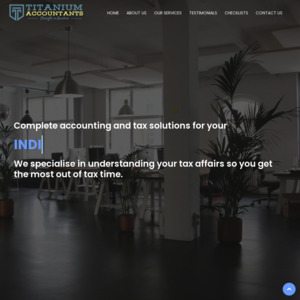Edit % June 2017
I have now closed this thread.
I will think about posting a third round on the last week of June depending on how many people want me to do it.
I will be ready to prepare everyone's 2017 returns in July. I look forward to hearing from you.
For everyone else, thank you for participating and I hope you appreciated our answers.
Hi All,
I did a tax AMA a few weeks ago and got an overwhelming response (close to 700 replies).
I am going to do another one that will go from today 31 May to Sunday 4th June.
If you have any tax or tax related questions then ask below and I will do my best to get back to you as soon as possible.
Disclaimer: Any advice or answers given will be general in nature and you may need to speak to a tax adviser for more personalised advice.
P.S Please see my previous forum post as we tried to avoid duplicate questions.
I will reply to this thread with a link to the previous post.
Look forward to answering all your tax queries.
Lets do this!

@nicolemcmilllon: you can also deduct meals too.